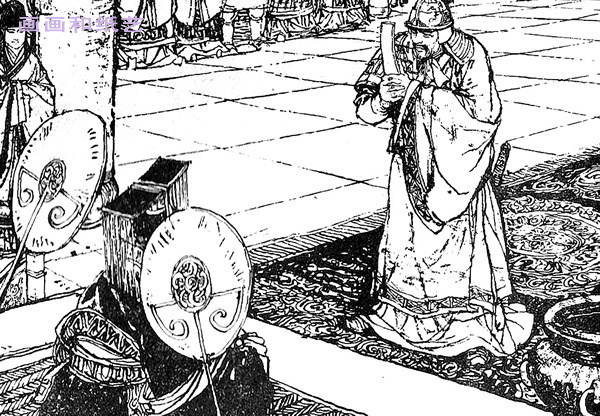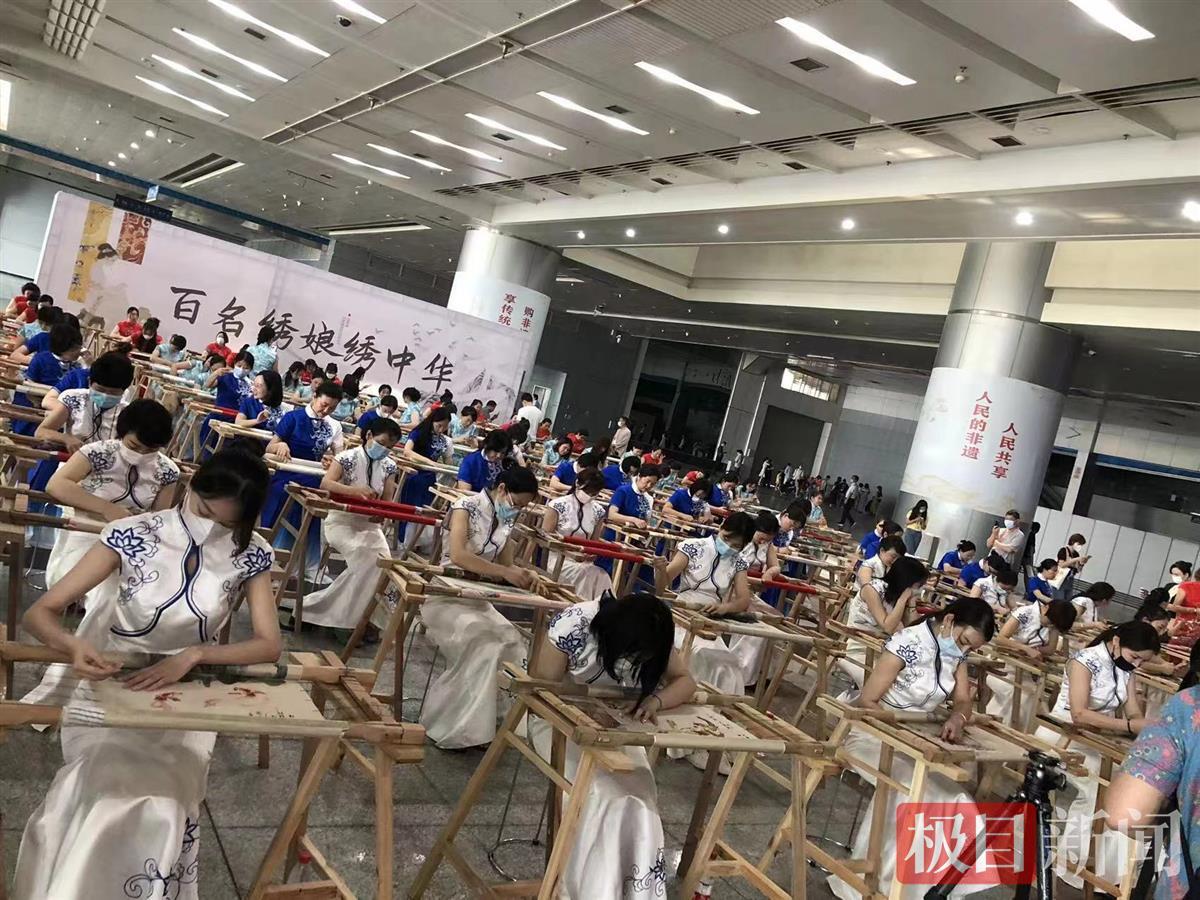[Memory] "Central Daily" attitude towards the Chongqing negotiations (below) ‖ Hu Pingyuan
Author:Fang Zhi Sichuan Time:2022.06.18
"Central Daily" attitude towards the Chongqing negotiations
(Down)
Hu Pingyuan
The attitude of "Central Daily" after the negotiations of Chongqing
On October 10, 1945, the representatives of the Communist Party and the Kuomintang signed the "Minutes of the Speaking of the Government and the Communist Party of China" (that is, the "Double Ten Agreement") in Chongqing. Essence
On October 12, the full text of the "Double Ten Agreement" was published in the Chongqing newspapers, mostly in a significant position, and the Central Daily is still treated in accordance with the original editorial policy, arranged in the secondary position in the domestic key version, and does not serve as headlines as headlines. Press release, but an exception published an editorial entitled "The Talks between the Government and the Communist Party of China". This editorial is Tao Xisheng's writing, distorting the content of the "Minutes of the talks", and sings the old tone of "unification of military orders". In order to destroy the Double Ten Agreement in the next step, launch a counter -revolutionary civil war and create counter -revolutionary public opinion.
During the negotiation of Chairman Mao Zedong in Chongqing, he gave Mr. Liu Yazi the word "Qinyuanchun · Snow" written in February 1936. After this eternal singing word was circulated in Chongqing, Chongqing's progress newspapers were reprinted at the time, causing a huge sensation in the mountain city. After Chiang Kai -shek knew it, he jumped like a thunder and sent someone to find "Wen Dan" Chen Blei, saying to him, "I see Mao Zedong's words have the idea of the emperor. Brey: "You quickly organize a group of literati, write articles in the name of commenting on Mao Zedong's poems, and criticized Mao Zedong's" Emperor's Thought ". To let the people of the country know that Mao Zedong came to Chongqing to talk to peace, but for the emperor. "
In the face of this matter, the Central Daily specially organized a group of royal literati to play the banner of "anti -emperor thought" in the name of singing and singing, and to distort and vicious attacks Chairman Mao. "Central Daily" decided that Wang Xin ordered by the main author and deputy editor, Wang Xin ordered the manuscript, and made an appointment to write a manuscript Xu Junwu. As a result, the source of the manuscript was insufficient, and there were too few drafts until Wang Xinming was transferred to the main writing room of Nanjing "Central Daily" in late November 1945. Only before leaving, a reactionary verb seal was written in the "Donglu Ci". On December 4 of the same year, he was published in the "Central Daily" supplement. The original agreed manuscript was rarely handed in in the future, and the original plan was planned to have a miscarriage. At this time, the "Central Daily" suggested that the Chongqing "Speed News" borne this task.
The Sweeping News (formerly known as "Peace Daily") is the Kuomintang military newspaper. When the Central Daily received the manuscript, the Sweeping News was published. The result was an empty story. The Central Daily did not hand in the manuscript. The "Speed" only passed the relationship between the Political Department of the Kuomintang Military Commission, and co -authentic the reactionary literati Yi Junzuo. Published.
"Sweeping News" also combined with the "Yishi Pao" organized by the US -Chiang Reactionaries and the reactionary head of Catholic Church, using the fake "reader's book" and other methods to throw a group of reactionary poems, distorted poetry, and misunderstood for no reason. Its ultimate purpose -want to select a song "Qinyuanchun · Snow" that can surpass Mao Zedong in terms of artistic conception and momentum.
"What is it easy to shake the tree?" Chairman Mao Zedong's "Qinyuanchun · Snow" is magnificent, flat and neat, with a lot of mouth, beautiful words and popularity! The Word of the Kuomintang's Wastel and Chairman Mao's "Qinyuanchun · Snow" are very different, and no one can compare today.
After the negotiations of Chongqing, the Kuomintang "Central Daily" summarized the work at this stage at the main editorial editorial dinner. Tao Xisheng, the general master, said: "During the negotiations of Chongqing, the propaganda work of our newspapers did not seem to have made any achievements, but in fact, it was achieved. This time, we were originally a passive battle. Yes, this is our biggest result. "
President Hu Jianzhong said: "I am still the old saying, we must pay attention to the era of leadership. Two days ago, I talked to Mr. Lifer (CC department head Chen Lifu). Mr. Lifu said: 'How many people do we have? How many people? We take advantage of the wide sites, the Communist Party occupies a lot of territories? Political struggle depends on strength, don't just look at the Communist Party's fierce blow! "I can't talk deeply about Mr. Lifang's words above. A large group of people, but there is no leadership era, which is very dangerous. "
The Kuomintang reactionaries that are resolutely rivals with the people. They are extremely isolated among the people and cannot lead this era. Although Chiang Kai -shek had all kinds of ghost tricks in Chongqing negotiations, he was always broken by the historical wheels that had been advancing by the revolution. This is the historical referee: Kuomintang Chiang Kai -shek fled to Taiwan, and the Communist Party established the People's Republic of China.
The great historical significance of Chongqing negotiation
The signing of the negotiations of Chongqing and the "Double Ten Agreement" shows that the Kuomintang has recognized the status of the Communist Party of China and acknowledged the meeting of the Democratic Party, so that the political claims of the Communist Party of China on the construction of the new China were understood by the people of the country, and thus promoted to promote it The development of the National Peace Democracy Movement. As a major political event in China, Chongqing negotiations have pushed the cooperation between the KMT and the Communist Party to a brand new height. In a sense, the post -war China's political trends and political patterns also determined that the post -war China was left. Drop a valuable historical experience.

"Xinhua Daily" published the "Double Ten Agreement" of the "Double Ten Agreement" of the National Communist Party and Communist Party of Chongqing negotiating the essence of the essence of the political farce negotiated by Chongqing and its historical ending it is destined to bankrupt. Although there is almost no positive significance at all, after all That is, political democracy, nationalization of the army, and equality of the party, but it is a true summary of China's political lessons from 1911 to 1945. It should be acknowledged that since Sun Yat -sen's "Three People's Principles" and "Five Power Constitution", since the War of Resistance Against Japan, the "three people" that the two parties in Chongqing negotiated in the negotiations of the two parties in the middle of the Communist Party of China were the pain and pain in China for decades of disaster, and it was, it was, and it was, it was the decades of disaster. The natural requirements of Chinese society on the two parties and the two parties are a must -have for China's true towards peace, democracy and modernization. And with the style and quality of modern great countries, it has entered the historical foundation of the forest of the world.
(Full text)
(Reference materials: "Chongqing Literature and History Information"; "Selection of Sichuan Literature and History Information")
Source: Sichuan Provincial Local House Work Office
Text/Picture: Hu Pingyuan (special researcher at the Cultural History Research Museum of Chongqing Municipal People's Government, a member of the Chongqing Communist Party History Society, a member of the Chongqing Writers Association, a member of the Chongqing Municipal Documentary Literature Society, and the Party History Research Office of the Banan District Party History of Chongqing Banan Party History Edit)
- END -
Battle of Yiling [3]

(21) General Zhao Yun first came out to persuade. He said that when Wei Guo was de...
The "fingertips ballet" of hundreds of embroidery ladies attracted a poem at the scene!

Jimu Journalist Lin ChuyuCorrespondent Zuo Shuitian ThunderstormVideo editing Lin ...